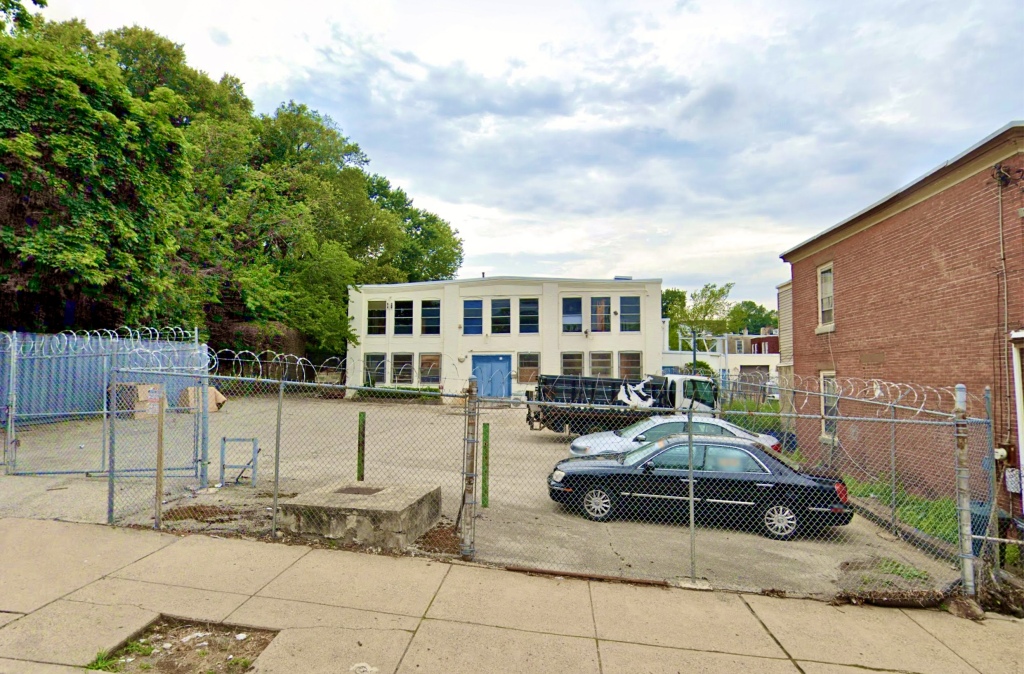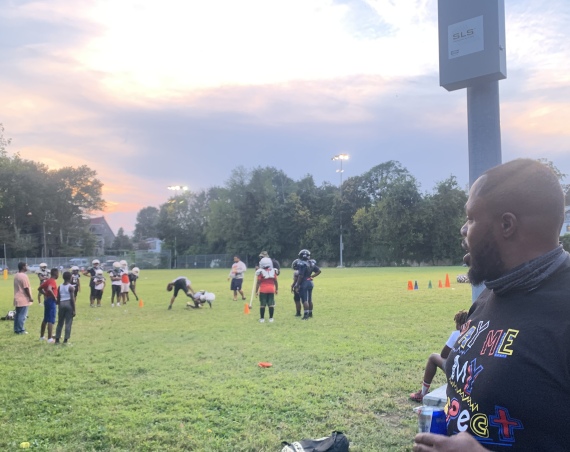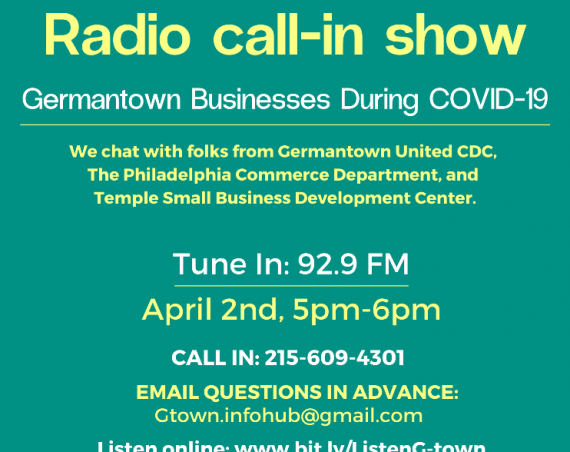
Germantown is one of many neighborhoods on the fast track to no longer feeling how it once did. New developments are popping up everywhere, whether apartments or storage units. Some may ask, “what can I do about this” or “how can I be involved in decision-making?” That answer is simple — join your local Registered Community Organization (RCO). These are groups throughout Philadelphia that try to manage their community’s physical development. While RCOs don’t make the final decision in the development approval process, they play a crucial role in the decision.
If you aren’t familiar with RCOs, the need for them, or what they do, check out the following information collected and compiled from the city’s website below.
Background
In Philadelphia, all developments must adhere to a process of approval based on the Philadelphia Zoning Code. The Philadelphia Zoning Code is comprised of different codes and variances meant to “protect public health, safety, and welfare by regulating the use of land and controlling the type, size, and height of structures.”
These codes ensure that buildings are in an (1) appropriate setting and (2) have the appropriate design for the location it intends to be at. Construction and development projects that don’t comply with the code require a variance. A variance is an approved change from the standard requirements of a given ordinance. Developers must go through a process of approval to receive a permit to begin construction.
Process of Approval
(1) Developers must submit an application to the city’s Department of Licenses and Inspections (L&I) for a permit. (2) If the plans follow the zoning requirements/code, developers can proceed with building “by-right.” If not, L&I issues a refusal, and then developers must (3) amend the plan to meet the guidelines or seek a variance. (4) If a developer plans to seek a variance, they are then required to present their plans to the RCO(s) (sometimes there is more than one) based in the vicinity of where their project will take place. (5) Once the developer meets with the RCO, the RCO takes notes and gives their suggestions to the Zoning Board of Adjustment (ZBA), who makes the final decision.
Please note that the ZBA doesn’t have to follow the RCOs input, but RCOs hold a lot of influence in the decision-making process.
RCO Meeting Process
When a refusal is issued to a developer, the Philadelphia City Planning Commission (PCPC) sends a notice of refusal to the appropriate RCOs within the vicinity of the project. If there are multiple RCOs within the area, the District City Councilmember will appoint a coordinating RCO. For Germantown, that would be Councilmember Cindy Bass. The appointed coordinating RCO will then consult with the other RCOs and the developer to set a place, time, and date.
That meeting must be within 45 days of the appeal date, and the meeting must be advertised to the public. The ZBA will only hear an appeal when the documentation of proof of meeting is presented; otherwise, there must be proof that there was an attempt made for a meeting within the 45 days.
What Happens at the RCO Meeting
Here’s what to expect at an RCO meeting:
- Learning about the proposed project and the requested variances
- Voicing their possible concerns or interest in the proposed project
- Negotiations for changes are often made in exchange for a Community Benefits Agreement, a contract that helps establish amenities and mitigations for community benefit.
- Voting to urge the approval or denial variances of the project, which the ZBA will consider before making a final decision.
As stated before, RCOs must send meeting summary notes to the ZBA, PCPC, and the District Councilmember.
Germantown RCOs
Here’s a list of local RCOs and the contact information associated with each of them. View the newly updated city-wide list on the city’s website.
59th Democratic Ward
443 East Haines Street, 19144
Patrick Jones (patwjones@gmail.com)
Awbury Arboretum Neighbors
P.O. Box 20599, 19138
Brenna Kelly (brenna.dee@gmail.com)
Baynton Hill Neighbors
51 East Penn Street, 19144
Joe McCarthy (jfmccarthy3rdarchitecture@gmail.com)
Blue Bell Hill Civic Association
627 West Johnson Street. 19144
Isabel Pilling (itsfromiz77@yahoo.com)
Chew and Belfield Neighbors Club Incorporated
6211 W Chew Avenue, 19138
Rev. Chester H. Williams (jesus4620032004@yahoo.com)
Cliveden Hills Association
P.O. Box 12317, 19119
Adrienne Glenn (glenn6342@comcast.net)
Faith Community Development Corporation (FCDC)
108 East Price Street, 19144
Ines Love (faithcdc.rco@gmail.com)
Foxx Lane RCO
3008 Foxx Lane, 19144
Wendella Fox (wpfox3008@verizon.net)
Penn Knox Neighborhood Association
5320 Germantown Ave, 19144
Deneene Brockington (pennknox.germantown@gmail.com)
Price-Knox Neighbors
187 West Price Street, 19144
Rev Elliot J Harrigan (ejhaxa@gmail.com)
SoLo/Germantown Civic Association
4908 Wayne Ave, 19144
Allison Weiss (awfromhh4@gmail.com)
Wakefield 49ers Community Development and Improvement Association
P.O. Box 25607, 19144
Rosalind McKelvey (roz.mckelvey@gmail.com)
West Central Germantown Neighbors
6122 McCallum Street, 19144
Massoud Mohadjeri (maxmoh@comcast.net)
West Chelten Neighbors Association
P.O. Box 44342, 19144
Cory Kegerise (hello@westchelten.org)
Here is a map of the RCOs around the neighborhood. Please be advised that some of these addresses may be used for mailing and not physical meeting spaces (i.e., Post Office locations, residences. etc.).



